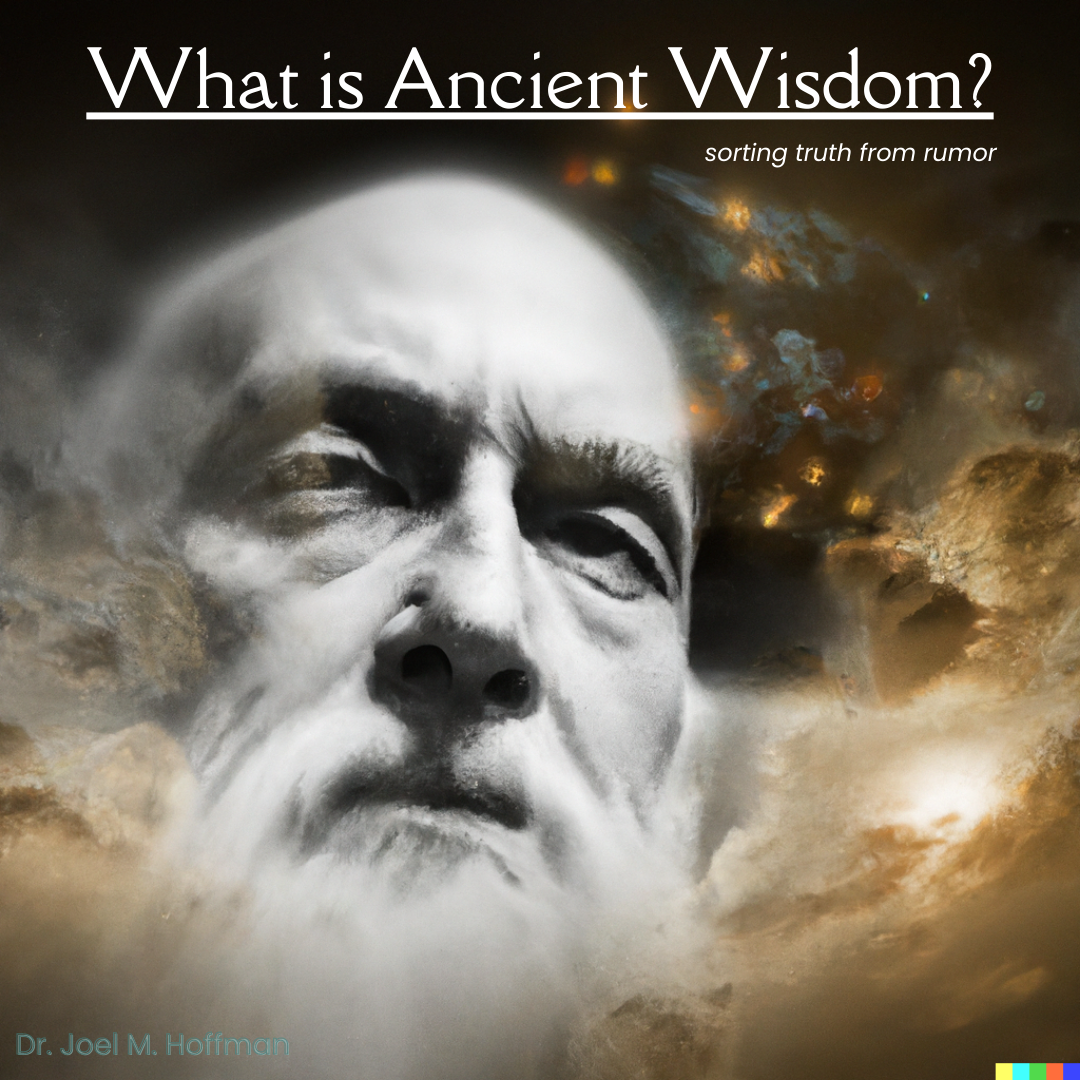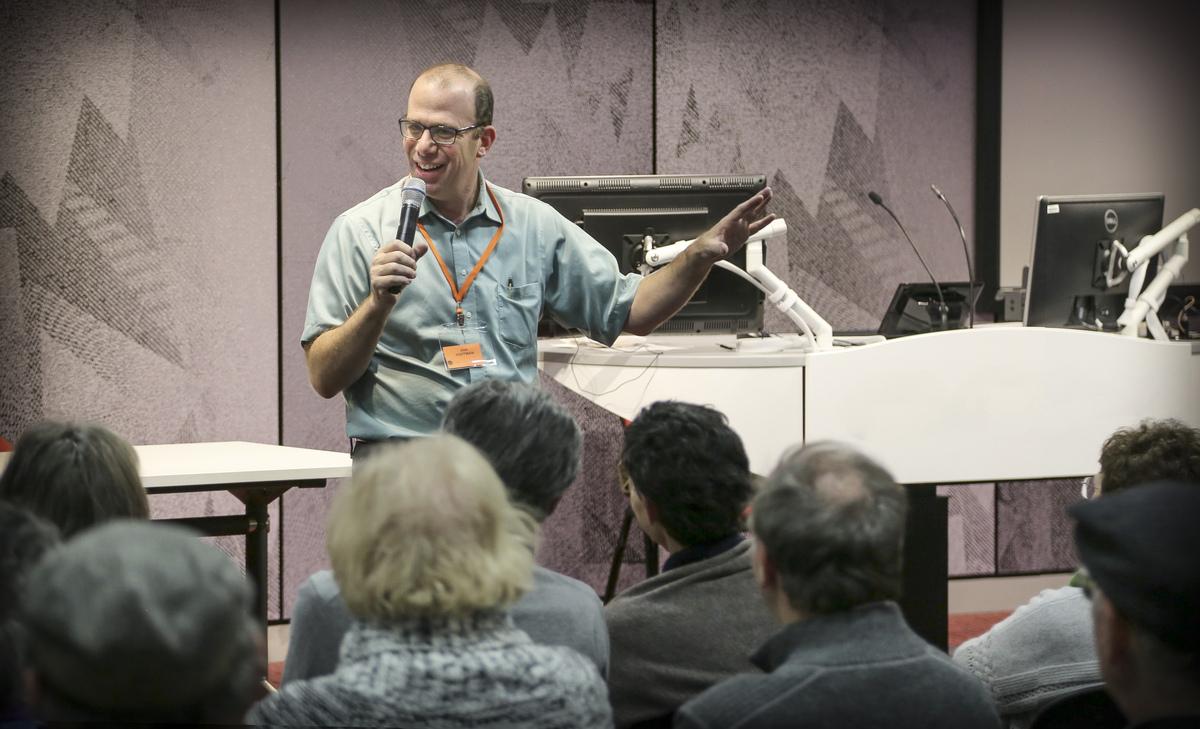
What is Ancient Wisdom?
sorting truth from rumor
What is ancient wisdom? It turns out most people have a fundamentally flawed idea, so here I start to sort truth from rumor.
The engine I used is OpenAI's GPT-3, currently one of the most advanced.
A few examples demonstrate how AI shows what people think. Ask GPT-3, "What is NYC known for?" and the answer comes back: "...the Statue of Liberty, Central Park, the Empire State Building, and Times Square." And in fact that's what a lot of people might say. Or ask it for "examples of tasty food" and you'll get "pizza, hamburgers, tacos, ice cream, [and] cake." Those aren't the only answers, or the most objective, or even the best (what about chocolate-chip cookies?), but they're representative. Again, it's what a lot of people might say.
Similarly, ask GPT-3 about the etymology of the word "abracadabra" and you'll read the common mistake that the word is derived from an Aramaic phrase. (Contrary to popular belief, there's no reason to think that "abracadabra" comes from Aramaic.) Yet again, the engine shows what people think.
So what do people think about ancient wisdom, according to GPT-3?
I told GPT-3 to "give some examples of ancient wisdom." I got:
- Actions speak louder than words.
- Don't judge a book by its cover.
- The early bird catches the worm.
- A stitch in time saves nine.
- An ounce of prevention is worth a pound of care.
- If it ain't broke, don't fix it.
But these are not examples of ancient wisdom. They are, rather, pithy aphorisms, the kind that people like to quote on the Internet but that have little depth or value. Some of them aren't even old.
For instance, it may sometimes be true that "actions speak louder than words," but the opposite is true as well: "It's the thought that counts." Likewise, "the early bird catches the worm" but "good things come to those who wait," too. And Malcolm Gladwell wrote a whole book about why people should (sometimes) metaphorically judge a book by its cover.
These common misrepresentations of ancient wisdom are akin to scam fortune-teller observations: they're easy to digest and seemingly astute, but they're vacuous, no more right than they are wrong, and certainly not of any lasting help.
Actual ancient wisdom is completely different. Its value doesn't come its style but rather from its content. Ancient wisdom is informed by lengthy investigation and verified by even longer evaluation. It's time honored and time tested and, often, timeless.
Precisely because it doesn't usually lend itself to sound bites, ancient wisdom is harder to present briefly.
But it's not impossible. "Slow and steady wins the race," is one pithy example of true ancient wisdom. It comes from Aesop's famous story ("fable") from the middle of first millennium BCE about a race between a tortoise and a hare. The hare is, of course, faster, but the tortoise in the story has more determination. In the end, the tortoise wins the race against the hare. The lesson here is that perseverance can trumpt raw ability. (Angela Duckworth wrote a modern bestseller re-explaining what Aesop knew more than 2,000 years ago.)
Aesop's fables were informed by deep research that took many generations to complete, and they have proven themselves over even more generations. The message behind just one of his fables takes a whole modern book to investigate.
That's what ancient wisdom is like.





